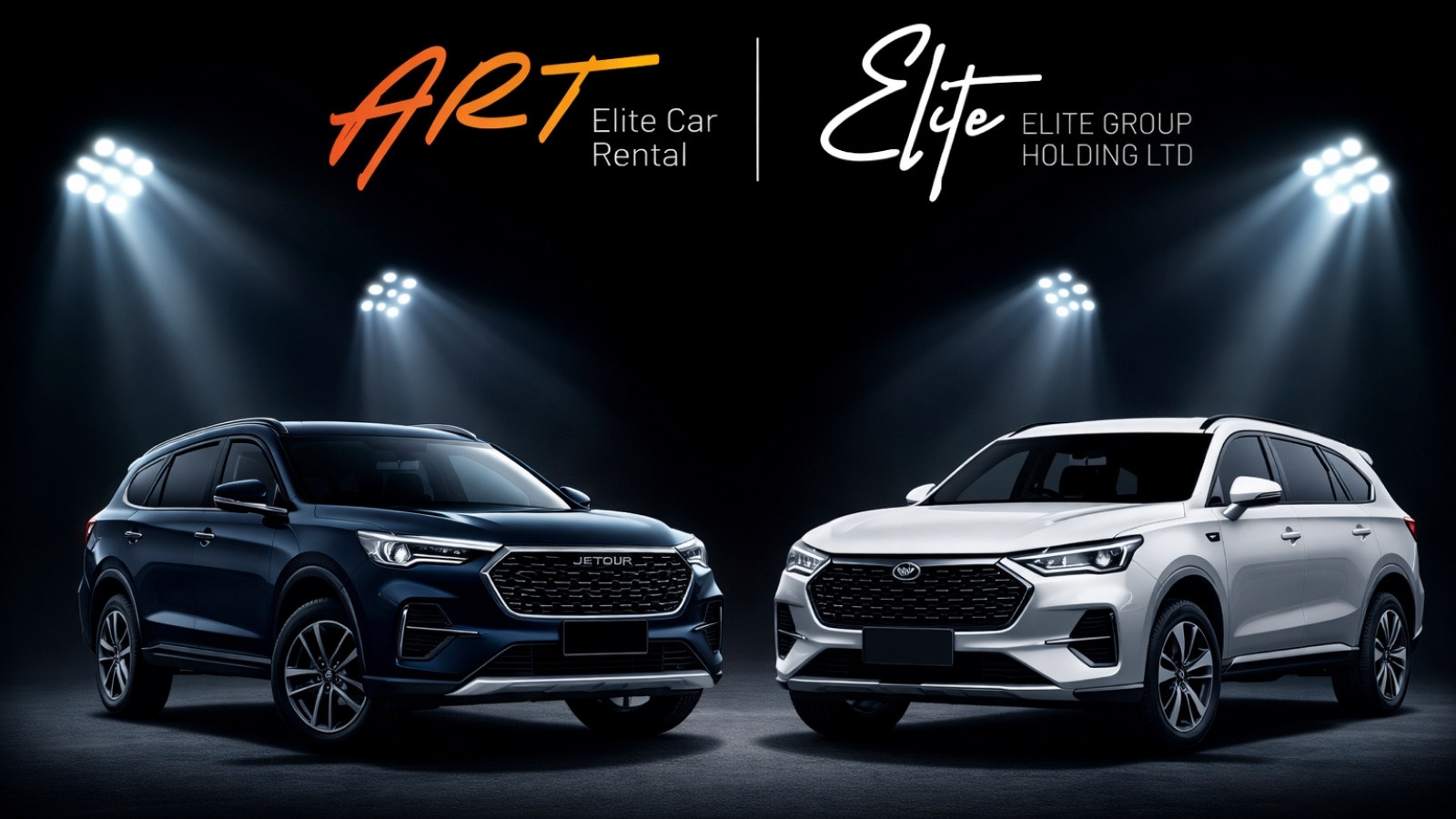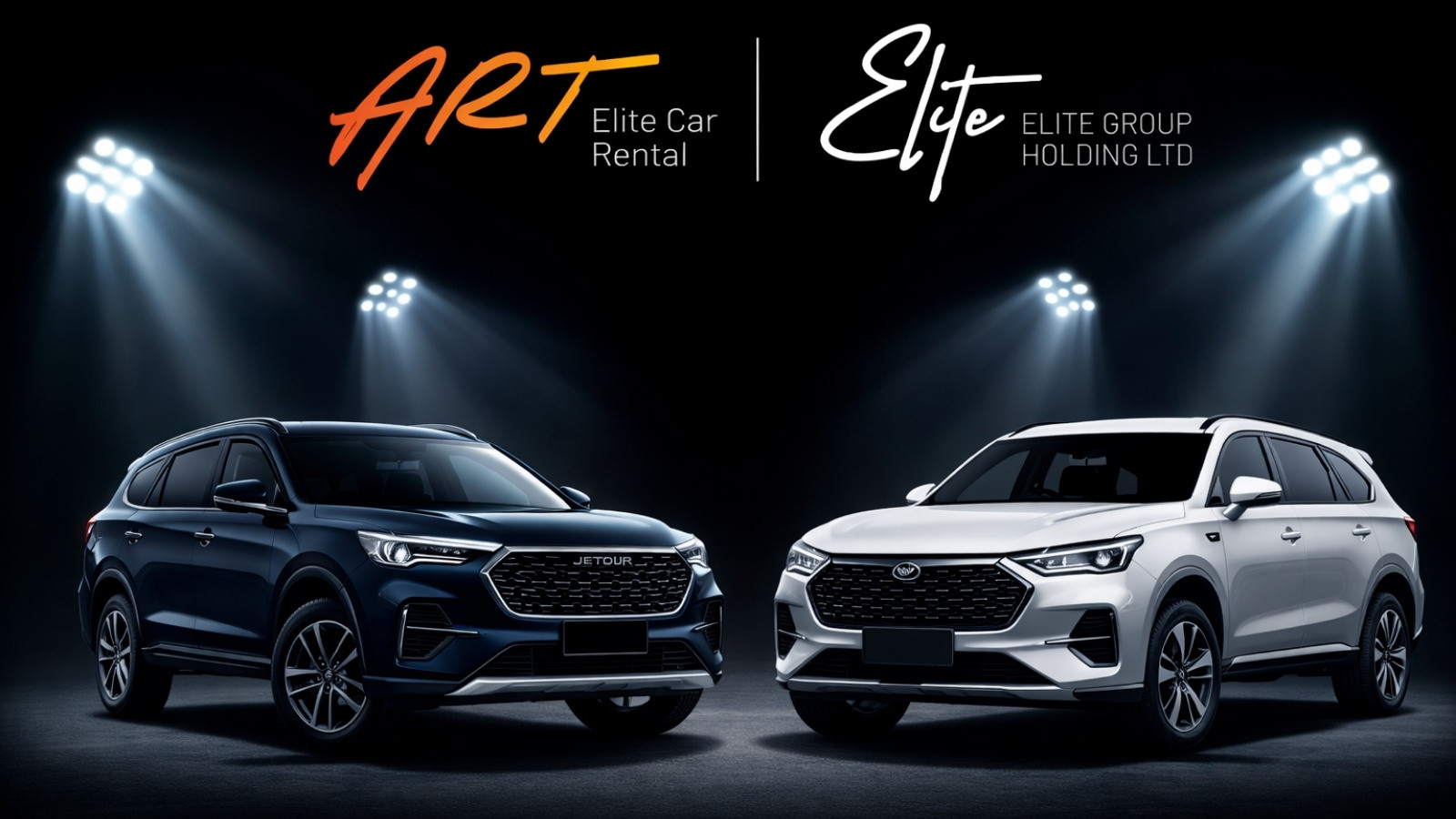Electric Vehicle Ownership in Dubai: Charging Infrastructure, Costs & What to Know in 2026
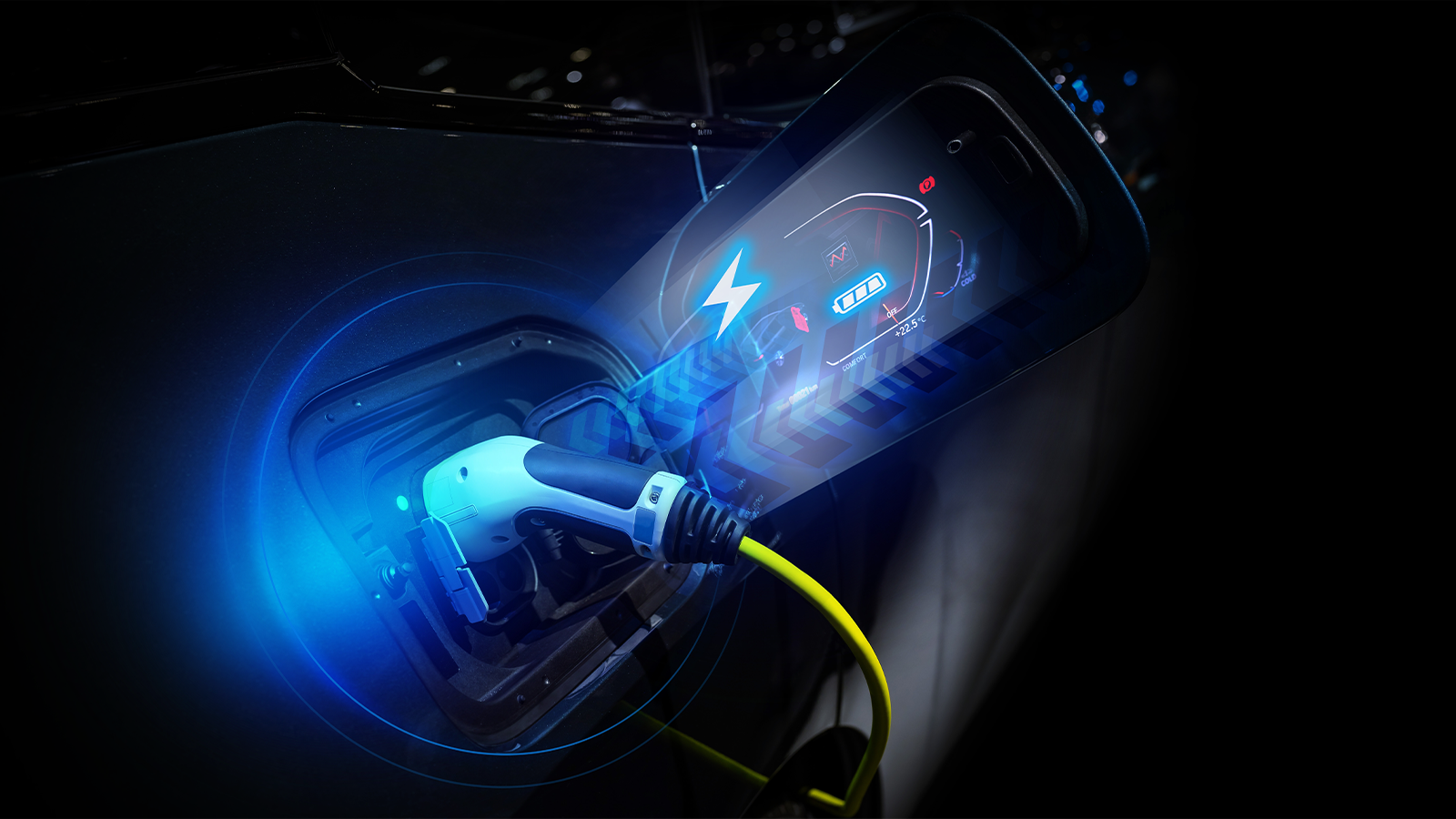
31 October 2025
The streets of Dubai are witnessing a quiet revolution. Where once the roar of combustion engines dominated, the softer hum of electric motors is becoming increasingly common. With over 40,000 electric vehicles already navigating the city and ambitious government targets on the horizon, the discussion now centers on how quickly EVs will redefine Dubai’s automotive landscape.
For residents considering the switch, understanding electric vehicle ownership in 2026 means looking beyond the initial purchase price to examine charging infrastructure, ongoing costs, and practical considerations that define daily life with an EV.
Charging Infrastructure
A reliable charging network is essential for practical EV adoption. Dubai has made substantial progress, with multiple initiatives transforming the charging experience across the city.
1.Public Charging Network
It is reported that Dubai now has over 1,270 electric vehicle (EV) charging points across the emirate, including those installed by DEWA in collaboration with partners from public and private sectors. This expansion supports the UAE’s national goal of having electric and hybrid vehicles account for 50% of all cars on the road by 2050. You can track all available stations and their real-time status via DEWA's EV Green Charger portal.
Recent developments are further advancing charging speed and accessibility. ForEVo, a new ultra-fast charging provider under the A-100 Group, plans to deploy more than 200 stations across the UAE by 2027, with the first 10 launching this year. Its 180 kW DC chargers can power most vehicles from 0 to 80% in just 15 to 20 minutes, marking a significant step forward in convenience and infrastructure readiness for EV owners.
2.Home and Workplace Charging
For residents with dedicated parking, home charging is often the most practical option. Installing a home charger allows overnight charging, and fewer trips to public stations. In villas for example, wall boxes offer the lowest cost-per-kilometer, charged at standard DEWA residential rates, while building-installed charging points are increasingly common in apartments, supported by regulations and rising demand.
3.Upcoming Network Expansion
Expanded Coverage at Familiar Locations:DEWA and ENOC Group plan to deploy fast-charging stations at ENOC service stations across Dubai, increasing charging availability at familiar fuel-station locations.
Broader Infrastructure Roll-out: In a separate initiative, Parkin and charge&go have signed a 10-year partnership to install 200 ultra-fast DC chargers across key areas including residential communities, retail hubs and leisure destinations.
These projects align with Dubai’s Clean Energy Strategy 2050 and aim to ensure that charging infrastructure grows in step with the spike in demand for electric vehicles.
Understanding the Financial Reality
Owning an electric vehicle involves looking beyond the purchase price. While the initial cost is higher than for combustion vehicles, long-term savings and government incentives make EVs financially appealing.
Charging Costs - Understanding what you’ll spend to keep an EV running is key when considering ownership. Public charging rates in Dubai as of 2025 are DC fast charging: 1.2 AED per kWh (+VAT) and AC charging: 0.7 AED per kWh (+VAT). On average, EV owners spend roughly one-quarter of what petrol drivers pay for fuel, making EVs more cost-effective day-to-day.
Maintenance Advantages - EVs have fewer moving parts than combustion vehicles, reducing maintenance needs. They require no oil changes or transmission services. Regenerative braking, which significantly lowers the wear on the brakes. Fewer components needing replacement combine to make lifetime maintenance costs significantly lower.
Government Incentives - Dubai’s Green Mobility Strategy provides free parking, SALIK tag, waived registration fees, and additional sustainability programs. These incentives can save owners, helping offset the higher upfront cost.
Day-to-Day Considerations
Range and Driving Patterns – Most new EV models can travel over 400 km on a single charge, covering the majority of urban and suburban trips in Dubai. The city’s flat terrain maximizes efficiency, though heavy AC use in summer can reduce range by roughly 10–15%, which is worth noting for longer journeys.
Insurance and Resale Value – Insurance rates are becoming more competitive as EV adoption grows, but comprehensive coverage remains important due to higher battery replacement costs. Battery warranties and improving technology have eased early concerns about resale value, yet some drivers still worry about depreciation or rapid advances in EV technology.
Given these practical considerations, leasing an electric vehicle has become an increasingly appealing option. Leasing addresses many of the challenges that come with ownership:
- Lower upfront costs: Drive the latest EV models without paying the full purchase price.
- Predictable monthly payments: Simplify budgeting while enjoying all the perks of EV ownership.
- Flexibility to upgrade: Stay current with the newest models and improved battery technology without worrying about resale value.
- Reduced concerns about depreciation: Leasing shifts the risk of resale value to the provider, letting you focus on the driving experience.
Leasing Hybrids: A Practical Transition to EVs
For many drivers, leasing an electric vehicle offers flexibility and peace of mind. For those not yet ready to switch to a fully electric model, hybrid vehicles provide the ideal middle ground. Hybrids deliver many of the same sustainability advantages while retaining the convenience of traditional refuelling, making them a practical step towards future EV ownership.
ART Elite Car Rental makes it easy to experience the benefits of driving a hybrid vehicle without the long-term commitment. With our tailored leasing options, you can enjoy lower running costs, environmentally responsible performance, and the flexibility to adapt as the EV landscape continues to evolve. Leasing through ART Elite Car Rental is a smart way to take part in Dubai’s shift towards sustainable mobility today, while staying ready for the fully electric vehicles of tomorrow.
Frequently Asked Questions
Dubai has over 1,270 electric vehicle (EV) charging points across the emirate, including those provided by DEWA in partnership with public and private sector stakeholders. Locations include residential areas, malls, business districts, and transit hubs. The network continues to expand with plans for ultra-fast DC chargers and additional public stations to meet rising demand.
Charging times vary by charger type and vehicle model. Standard AC chargers typically take several hours for a full charge, and are suitable for overnight home charging. Ultra-fast DC chargers can charge most vehicles in under 30 minutes, allowing quick stops during urban or long-distance trips.
EV ownership can reduce day-to-day running costs significantly. Electricity costs in Dubai are lower than petrol, with public rates at 1.2 AED per kWh for DC fast charging and 0.7 AED per kWh for AC (+VAT). EVs also have fewer moving parts, reducing maintenance needs, and Dubai’s government incentives help offset higher upfront costs.
Yes. Leasing allows residents to access the latest EV models without the risks of depreciation or rapid technological changes. Leasing provides lower upfront costs, fixed monthly payments, flexibility to upgrade to newer models, and eliminates concerns about resale value. ART Elite Car Rental’s hybrid offerings provide a smart way to experience many advantages of EVs today, while positioning you for the expanding electric vehicle network in Dubai.
RELATED NEWS
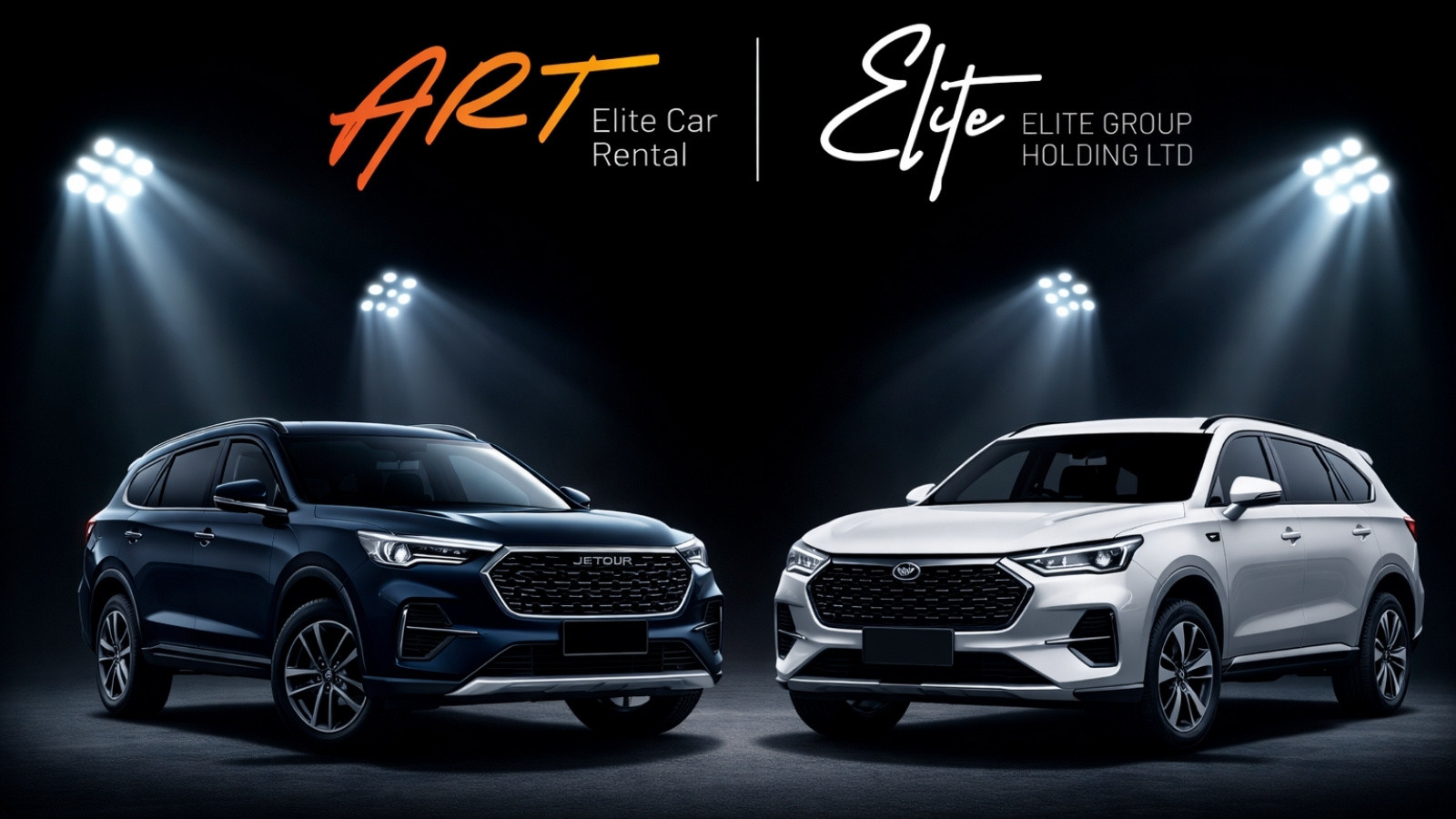
11 February 2026
Buying a Used Car in the UAE: Risks Many Drivers Underestimate
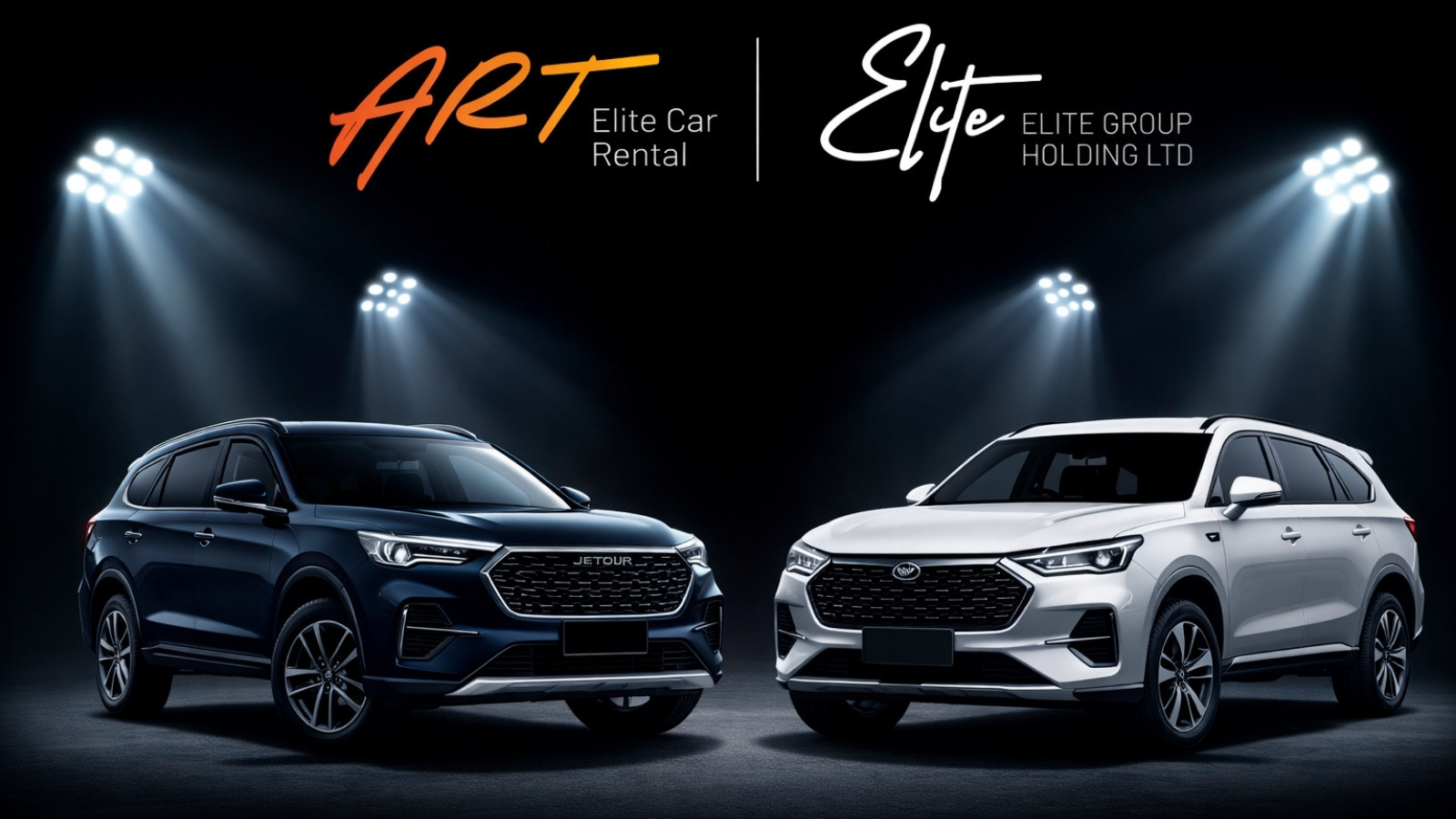
11 February 2026
Why the Jetour T2 Outshines Traditional Petrol SUVs in the UAE
